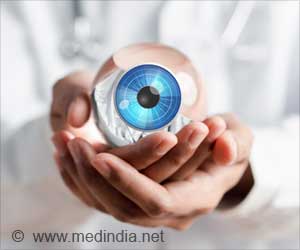AUSTRALIA is about to embark upon a health revolution that offers cures for cancer, replacement body parts and hope for paraplegics to walk again.
This is the opinion of Australia’s top scientists, who have nominated seven medical advances which they consider will transform lives.Gene technology stem cell science, and bionic innovation are at the forefront of the coming breakthroughs.
Ten eminent medical scientists combined their expertise to look into the future for the Research Australia project. According to their report new drugs and vaccines will soon emerge to tackle a range of cancers, while stem cells will provide cures for diseases such as Parkinson's, diabetes, and multiple sclerosis.
In addition miniature technology and smart materials are also foreseen to aid in the repair of damaged nerves and probably even broken spinal cords.
Other advances that were predicted are new surgery techniques that will allow specialists to operate on babies in the womb and heal brain injuries.
Breakthroughs, such as gene profiling to detect disease risk are expected to become available within a decade while some such as the growth of new organs through stem cell research could take longer but are still likely in the foreseeable future.
Advertisement
He said, "We see ways of helping people with disabilities such as spinal injuries, nerve repair, bionic eyes, bionic ears, bionic bladders and so on."
Advertisement
According to him "smart plastics" allowed electricity transfer with the body as well as the release of therapeutic drugs. Besides other devices known as carbon nanotubes could be used to bridge severed nerves.
Genetics researcher Professor John Shine said a new generation of drugs would help cure diseases such as cancer without damaging healthy cells.
He said, "They are smart drugs because they are designed to interact with a particular gene product."
"The whole approach is much more intelligent and the drugs you end up with have far fewer side effects because they don't, by chance, interact with other things."
Gene technology also offered the promise of new vaccines such as the world-first cervical cancer vaccine developed by Professor Ian Frazer according to Professor Fiona Stanley, a former Australian of the Year.
They would allow the immune system to be "switched on" to provide defense against a specific disease or condition when a person was born.
Source-Medindia
NLA





